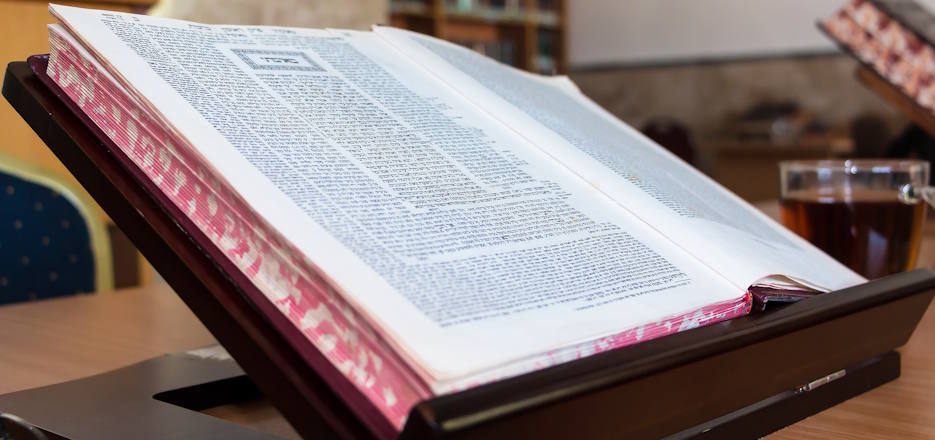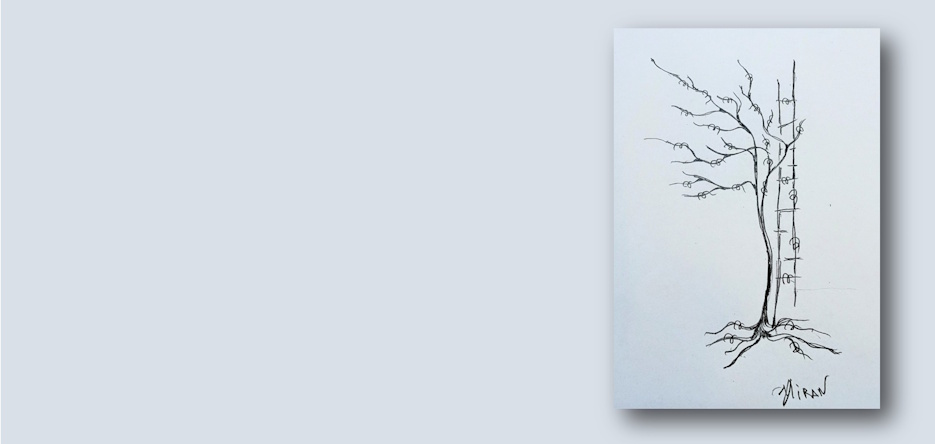Dream a Little Dream, and Then Interpret It (Mikeitz, Genesis 41:1 -44:17) D’var Torah by: Rabbi DanMoskovitz
The entire story of Joseph, which spans three parshiyot in the latter third of the Book of Genesis, centers around dreams: their interpretation and the actions that interpretation then inspires. This week, we read the second portion in that series, Mikeitz
The dreams begin in last week’s parashah, Vayeishev. In the first dream, Joseph sees himself and his brothers, each binding a sheaf of grain. Then his brothers’ sheaves encircle his sheaf and bow down to it. In the second dream, the sun, the moon, and 11 stars bow down to Joseph. When he relays these dreams to his brothers, they take them as a belittling affront to their status as elders. What’s the ultimate outcome of their interpretation of his dreams? When Joseph goes in search of his brothers who are out tending the flocks, they throw him into a pit and then sell him to traders traveling to Egypt (Gen. 37:6-9).
This week, in Mikeitz, the theme of dreams continues. Joseph, now a prisoner, is given a chance at freedom because of his seemingly miraculous ability to interpret the dreams of his fellow prisoners. This becomes known to Pharaoh, who has his own dreams that are keeping him awake at night.
Joseph is called before Pharaoh, who relates his dreams about seven fat cows that devour seven skinny cows, and seven healthy ears of corn that are swallowed by seven thin ears of corn. Joseph interprets them to mean that seven years of plenty will be followed by seven years of famine. We read:

“Look — seven years are coming [of] great plenty throughout all the land of Egypt. But seven years of famine are coming up after them, and all the plenty in the land of Egypt will be forgotten; the famine will consume the land.”
Gen. 41:29-30
Joseph chooses to interpret the dreams in a way that would make his own counsel invaluable to Pharaoh and insure a place of power for himself in the royal court.He advises Pharaoh to appoint a wise leader to be placed in charge of the coming crisis. Plans and provisions should be implemented to store the abundant grain in the first seven years to provide a lifeline for the people in the years of famine to follow:

“And Pharaoh said to his officials, ‘Is there anyone like this to be found, a man with the spirit of God in him?’ Then Pharaoh said to Joseph, ‘Since God has made all this known to you, there is no one as discerning and wise as you! You shall be in charge of my household, and all my people shall obey your word; only I, The Throne, shall be greater than you.”
Gen. 41:38-40
In his new role, Joseph is made the second most powerful person in all of Egypt ̶ second only to Pharaoh himself. Pharaoh places his ring on Joseph’s hand, clothes him in fine robes and jewels, and parades him on a chariot beside him as they tour the Egyptian nation. Then Pharaoh gives Joseph a new name; Zaphenath-paneah meaning “He who explains hidden things.” (According to Targum Onkelos, Paneah has no parallel in Scripture.)
This dream interpretation of seven years of plenty followed by seven years of famine in the entire region (biblical Israel included) ultimately leads Jacob to send Joseph’s remaining brothers down to Egypt to purchase food for the family. A dramatic scene soon follows where Joseph encounters his brothers but does not reveal himself to them. He accuses them of being spies and holds one brother, Simeon, as hostage till they return with their youngest brother Benjamin.










































.svg)